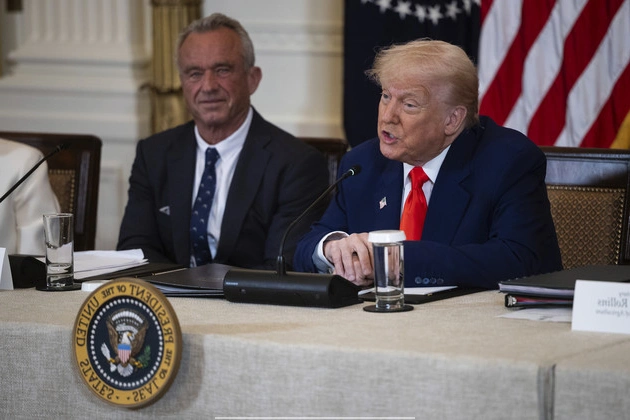
President Donald Trump is facing challenges on multiple fronts regarding his immigration policies, particularly in the realm of mass deportation. Despite setbacks in the courts, Trump’s team is actively shaping the narrative to portray him as a leader fighting to remove violent criminals from the country against judicial resistance.
Legal Standoffs and Public Perception
With Justice Department battles focusing on salvaging key aspects of his deportation agenda, Trump’s messaging emphasizes the obstructionist role of judges. This tactic, though oversimplified and at times misleading, allows Trump to present legal pushback as a testament to his commitment to strict immigration enforcement.
Recent Focus: South Sudan Case
One recent focal point is the case involving Judge Brian Murphy in Massachusetts, where deportation efforts to third countries faced judicial scrutiny. Despite court orders, the administration proceeded with deportations, leading to clashes over due process and human rights concerns.
Legal Strategy and Presidential Authority
The White House’s efforts to expand executive authority in immigration matters have triggered legal uncertainty. Trump’s team hopes for Supreme Court backing on issues of due process, the president’s deportation powers, and judicial oversight in immigration proceedings.
Courtroom Battles and Policy Shifts
Trump’s legal tactics, such as invoking historical laws like the Alien Enemies Act, have encountered significant legal resistance and constitutional challenges. The administration’s aggressive deportation maneuvers have faced rebukes, leading to legal setbacks and revisions in deportation procedures.
Political Messaging and Media Tactics
The administration’s public relations efforts seek to frame deportees as dangerous criminals and portray judicial interventions as hindrances to national security. Messaging strategies aim to rally support for tough immigration stances and paint opponents as endangering public safety.
Judicial Scrutiny and Constitutional Principles
Federal judges have consistently highlighted the importance of due process and constitutional protections for all individuals, regardless of their legal status. The judiciary’s role in upholding rights and checking executive actions remains pivotal in safeguarding civil liberties.
As legal battles unfold and immigration policies evolve, the tensions between executive authority, judicial oversight, and individual rights continue to shape the debate over immigration enforcement in the United States.











